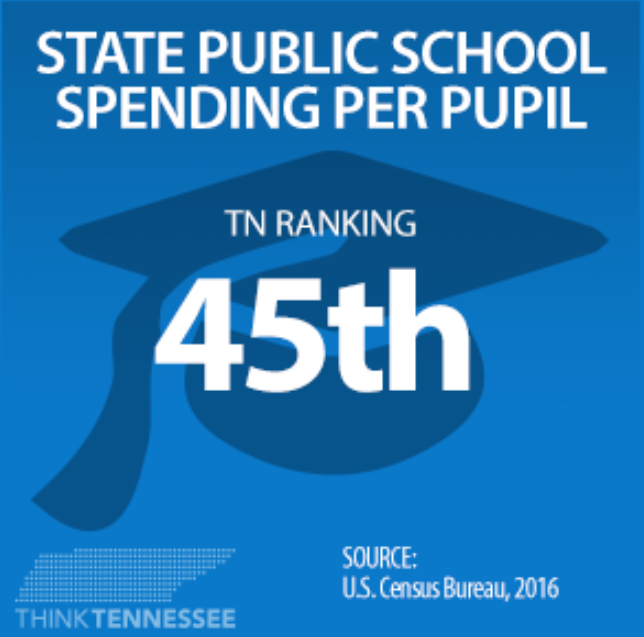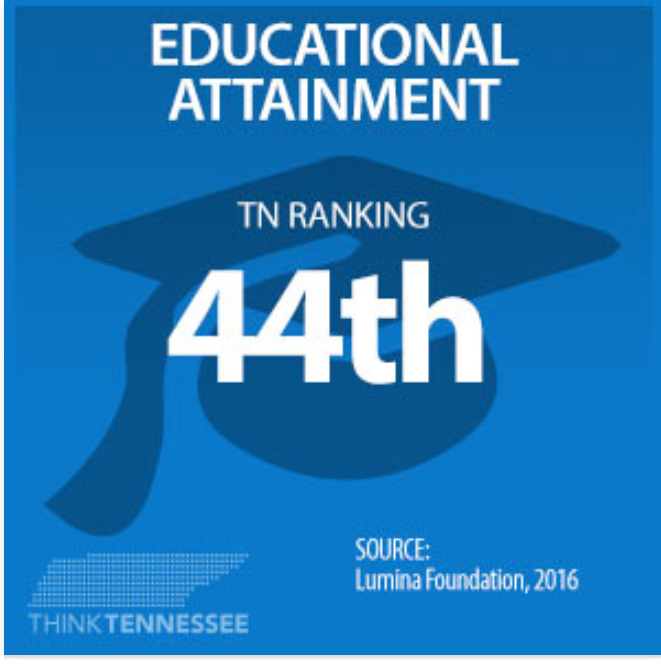Chalkbeat has the story of a letter sent to parents around the state based on guidance from the Tennessee Department of Education:
The letters inform parents that, based on state systems for rating school performance, their school has been targeted to receive additional federal resources and support because a historically underserved group of students within the school is in the state’s bottom 5% for that group. And based on guidance provided to districts by the state Education Department, most districts are telling parents which student group or groups are struggling.
“Specifically, Cedar Bluff is a Targeted Support and Improvement school based on the following student groups: Black student ethnic/racial group,” says one letter sent to parents of students at Cedar Bluff Middle School, a Knoxville school that is mostly white.
Other letters have identified Hispanic students as the source of the designation, as well as students who have disabilities, are economically disadvantaged, or are English language learners.
While lawmakers and advocacy groups have criticized the move, the Tennessee Department of Education’s Director of Communications, Jennifer Johnson, had this to say:
“This was not good execution of a template letter and goes beyond the scope of what the federal law requires,” acknowledged Jennifer Johnson, a state spokeswoman. She added that the matter will be reviewed by the Education Department.
So, Jennifer Johnson, who is in charge of communication for the state department of education is indicating that information was not communicated well by the state.
No matter what the review finds, the damage is already done. Seems like someone tasked with overseeing communication at the state level would be tuned-in to how a message might sound.
Not good execution could, in fact, describe pretty much all of Governor Bill Lee’s term so far — from an FBI probe into the vote on his voucher bill to shafting teachers while boosting charter schools.
Will the man who inherited a successful HVAC company ever learn to actually be Governor? It’s not looking good.

For more on education politics and policy in Tennessee, follow @TNEdReport
Your support makes publishing education news possible.









